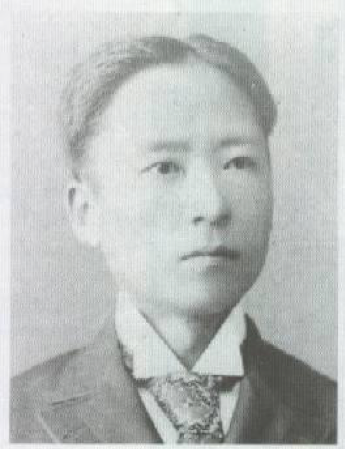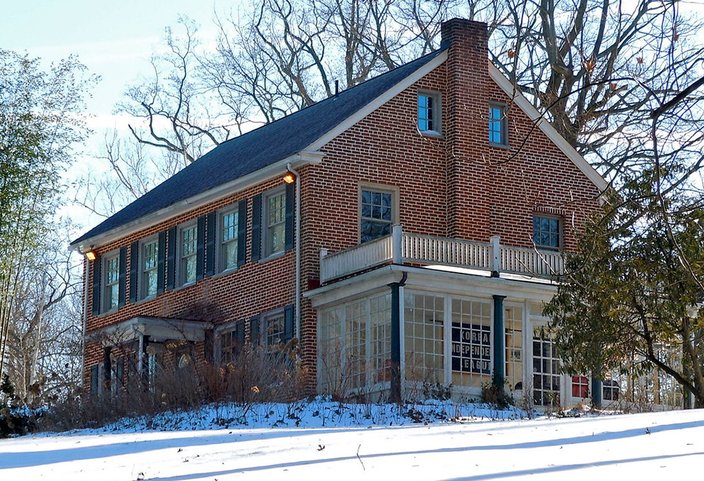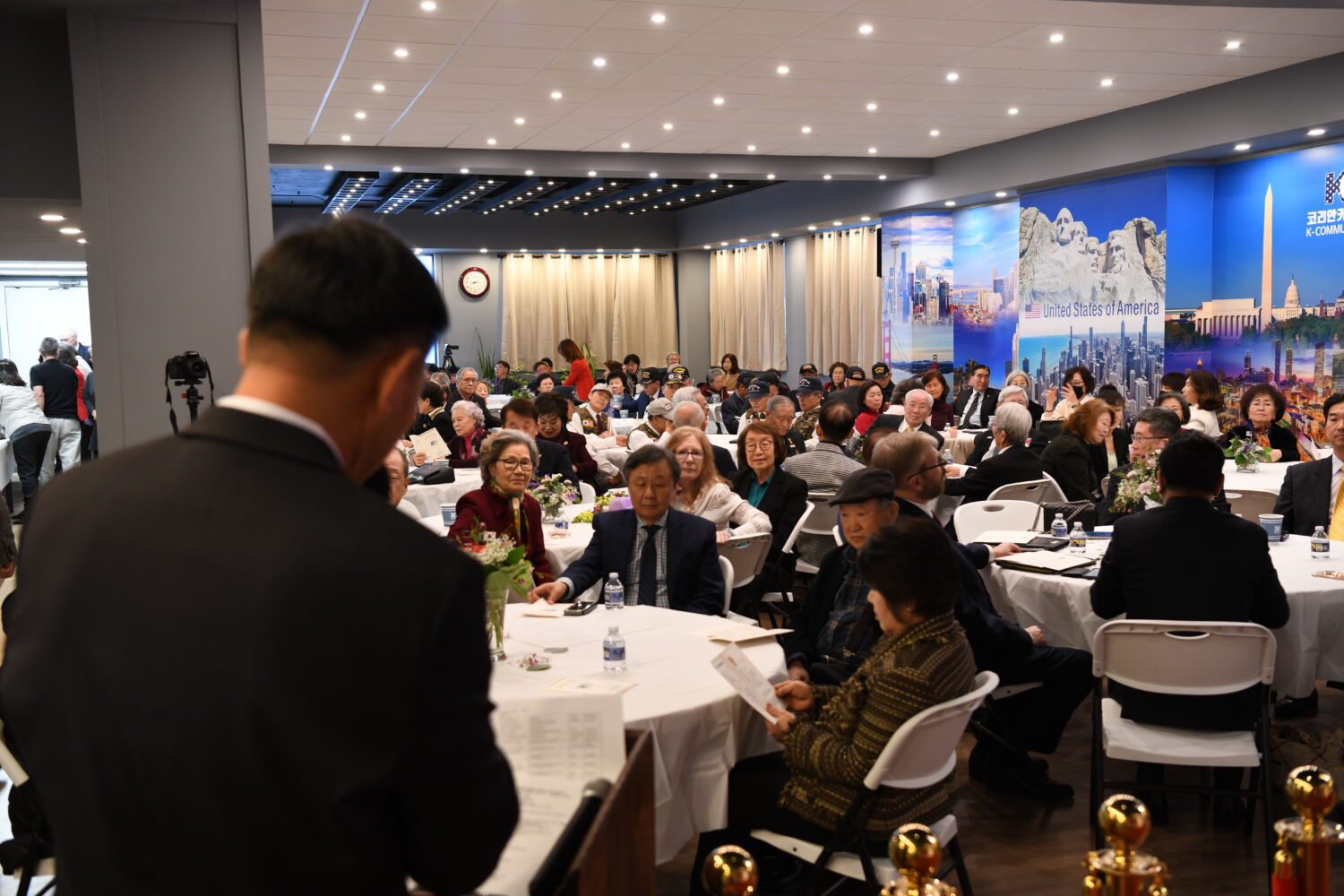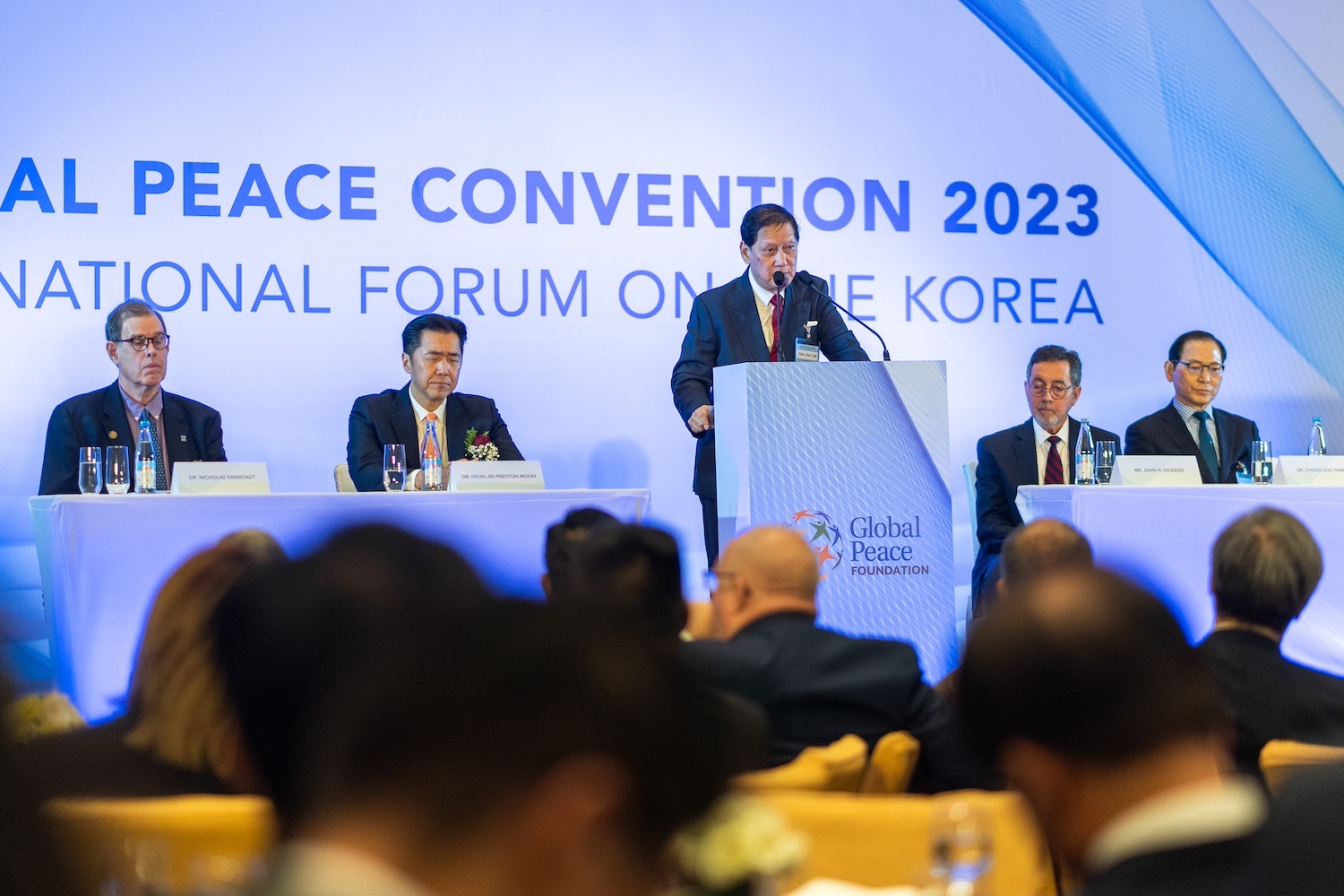
Philip Jaisohn/ The Philip Jaisohn Foundation
Nearly 100 years ago, a notable pioneer of Philadelphia’s Korean-American community Dr. Philip Jaisohn (1864-1951), a medical doctor and researcher, journalist and the first Korean to gain citizenship in the United States, became an advocate for Korean independence on the other side of the world.
On March 1, 1919, Dr. Jaisohn led a parade waving Korean and American flags down Philadelphia streets, inspired by the mass peaceful demonstrations that occurred across Korea. Soon after, he assembled the First Korean Congress in Philadelphia the following April. The delegation marched into the iconic Independence Hall for a public reading of the Korean Declaration of Independence:
“…We claim independence in the interest of the eternal and free development of our people and in accordance with the great movement of world reform based on the awakening conscience of mankind.….”
An independence movement emerged across Korea and the diaspora in response to colonial rule. The March 1 Movement represented the aspirations of the Korean people for a new, independent nation that would embody democratic principles and spread peace to the world. Under Jaisohn’s leadership, the First Korean Congress issued an appeal to Americans to support their cause:
“We, therefore, in the name of humanity, liberty and democracy and in the name of the American-Korean treaty and in the name of the peace of the world, ask the government of the United States to exert its good offices to save the lives of our freedom-loving brethren in Korea and to protect the American missionaries and their families who are in danger of losing their lives and property on account of their love for our people and their faith in Christ.
We further ask you, the great American public, to give us your moral and material help so that our brethren in Korea will know that your sympathy is with them and that you are truly the champions of liberty and international justice.”

Philip Jaisohn Memorial Foundation museum/Smallbones via Wikipedia
The First Korean Congress articulated the aspirations of the Korean people for social reform and independence, going beyond the era of feudalism and colonialism. It promoted the advancement of human rights, freedoms, and social and educational development for all Koreans and a new democratic form of government.
Through the First Korean Congress and other social organizations and publications, Jaisohn continued to raise awareness in America and draw support for Korean independence. Jaisohn’s deep love for his Korean homeland was already evident years earlier in Korea. He published the Independent newspaper in his native Korean language, allowing lower classes and women to read the news for the first time. Jaisohn wanted to educate citizens, which he believed to be significant for a self-governing people.
Sadly, the aspirations of the independence movement for a free, united Korean nation remains unfulfilled with the current division of the Korean Peninsula. However, the legacy of independence leaders like Jaisohn continues to inspire Koreans today in the ongoing struggle for a nation where all Koreans may live in peace and shared prosperity. Throughout his life, he promoted Korean unity, and became more pronounced with the division of the peninsula.
The One Korea Global Campaign is a grassroots-movement of over 1000 Korean civil society organizations working toward the peaceful reunification of the Korean peninsula. As the 100th anniversary of the March 1st Movement approaches, the campaign continues to draw support from Koreans in the North, South and diaspora for Korean reunification. Just as Korean-Americans played an important role in the Independence Movement, the campaign hopes to draw their support today to advance the Korean Dream, a vision for a free, unified nation that lives for the greater benefit of humanity.
Read more on Philly Voice.



